Make vaccines mandatory for eligible students
U-High should mandate that eligible students be vaccinated before returning to in-person learning in the fall.
May 27, 2021
As the Midway sees it…
The return to in-person learning and gradual relaxation of social-distancing standards has been a boon to everyone wishing life could return to normal. The current coronavirus vaccines, which are highly effective at preventing symptoms of COVID-19 and halting transmission, have allowed people in Chicago and other cities to become inoculated and begin removing restrictions.
If U-High is serious about making Chicago safer and ending restrictions, then mandatory vaccinations for everyone eligible in the high school is the only way to make the prospect of returning to normal a reality.
The Food and Drug Administration has already approved the Pfizer-BioNTech vaccine for everyone over age 12, and many students have already begun receiving vaccinations as they have become widely available. While some parts of the world still have low vaccination rates, more than 20% of Illinois children age 12-17 have received at least one dose and mass-vaccination in Chicago continues to be feasible. Supply issues are not a problem for Lab.
It is true that healthy young people are at low risk of becoming seriously ill from coronavirus, but we still need vaccinations to prevent spreading COVID-19 to older adults or the significant number of immunocompromised people, many of whom are in our immediate community. And even though many infected individuals recover, the phenomenon of “COVID long-haulers” — those with persistent neuropsychiatric or respiratory symptoms — reinforces the seriousness of the virus beyond the short-term.
The safety and efficacy of the vaccines in teenagers has also been well established through large-scale, double-blind studies the FDA conducted. Some people have expressed worry that mRNA vaccines from Moderna and Pfizer might somehow alter recipients’ genetic material because they are receiving a small piece of viral genetic material. But that worry relies on a misunderstanding of how the mRNA vaccines work. Upon entering new cells, the mRNA codes for the spike proteins that surround coronavirus cells before being degraded by cellular machinery. The purpose of generating these spike proteins is to give the immune system a piece of foreign material to recognize and build adequate defenses in the form of antibodies. But at no point is the viral RNA genome — what allows entire coronaviruses to replicate and infect the body — present in the cells of those that receive the vaccine. Thus, worries that mRNA somehow alters our genetic material are ill-founded, and clinical trials have demonstrated consistently high rates of protection from serious symptoms of COVID-19 in those that are vaccinated.
While those with prior medical reasons preventing them from being vaccinated should be exempt, religious or ethical objections based on the applications of cell lines from aborted fetuses have little force, as these cell lines were used only in related research but not testing or development for the Pfizer vaccine. Virtually everyone in the high school can be reasonably expected to become vaccinated.
While the coronavirus might not be so dangerous for most U-High students, it could be a lethal threat for other people, and so all eligible U-High students have a responsibility to get vaccinated. Making vaccinations mandatory is the only way to ensure that school can return to normal and free itself from the shadow of pathogenic danger.



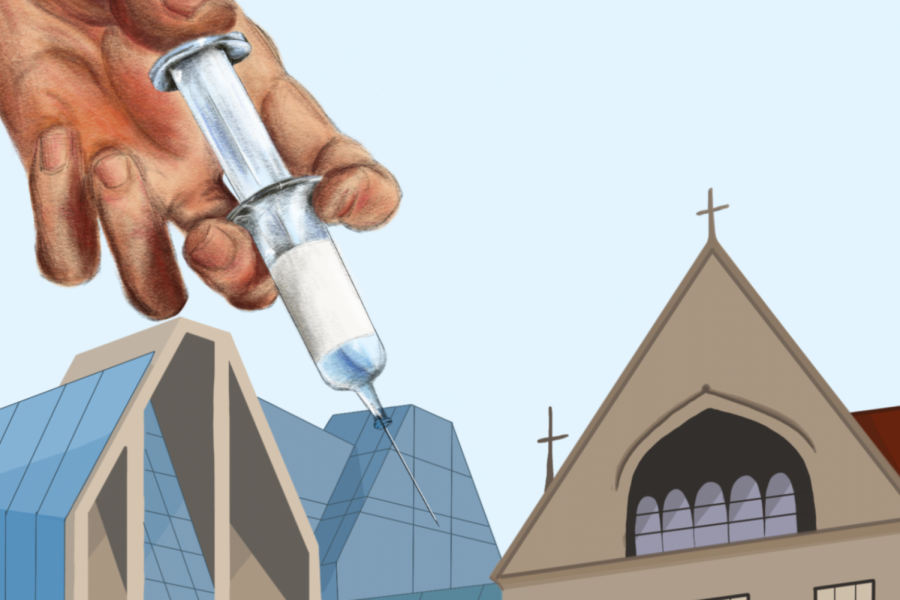



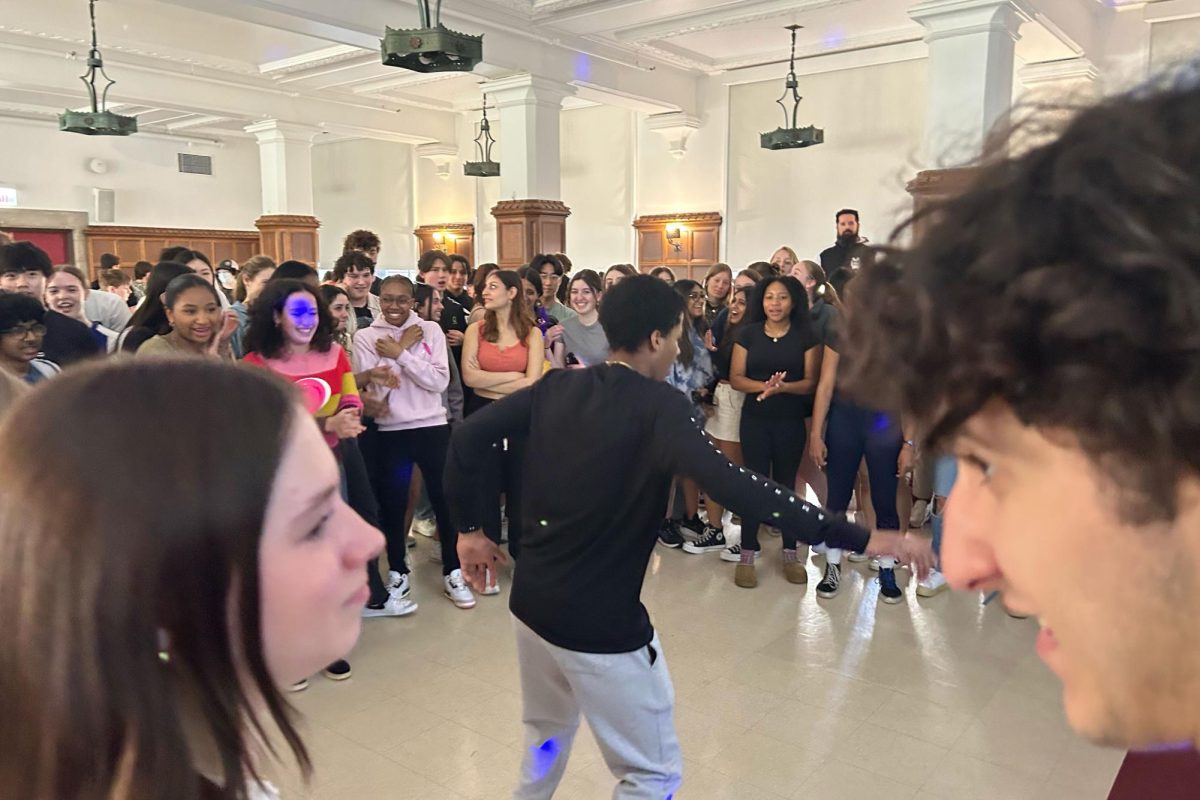
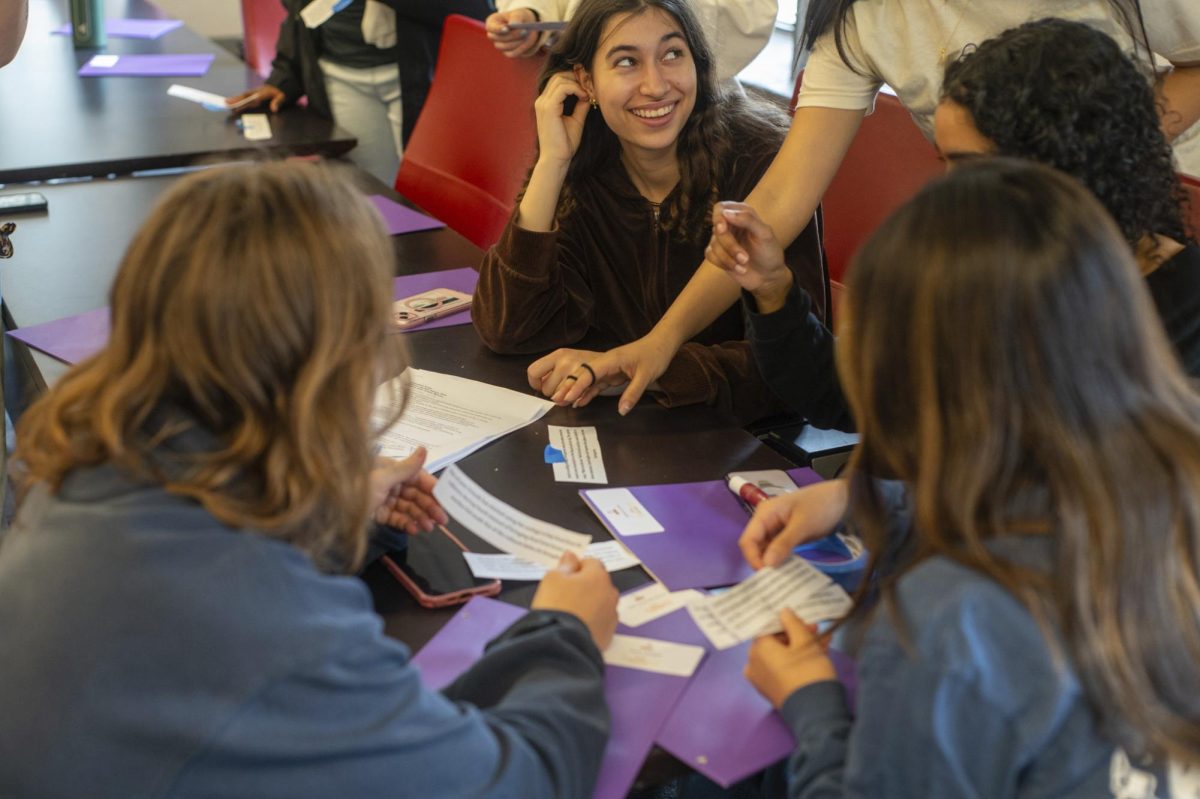

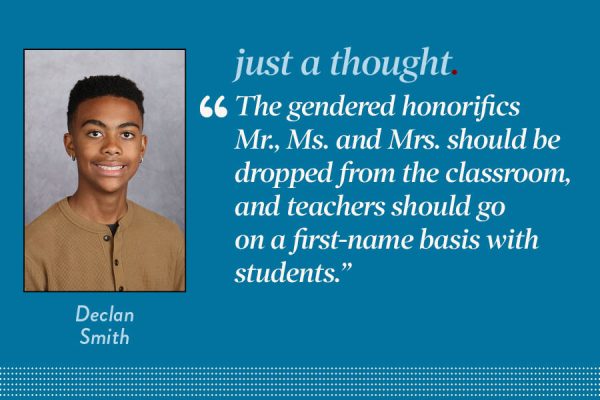
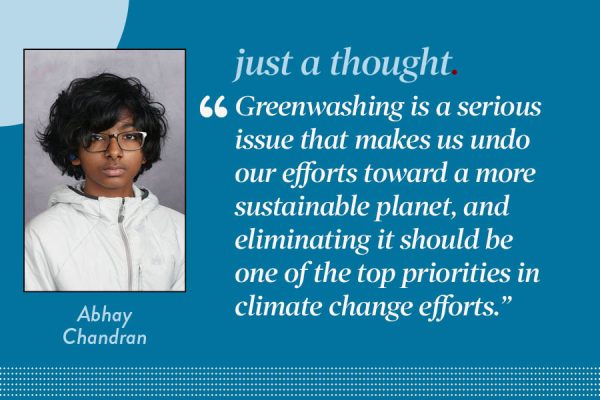
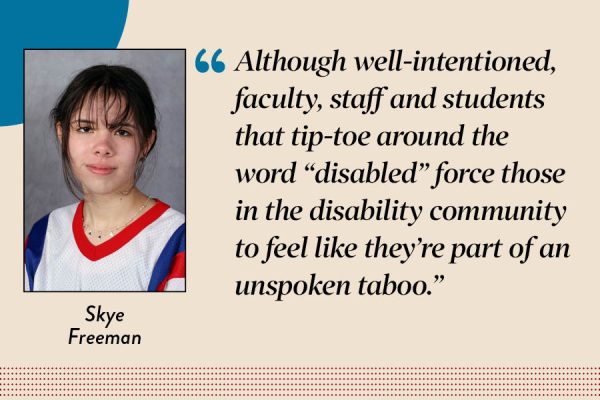
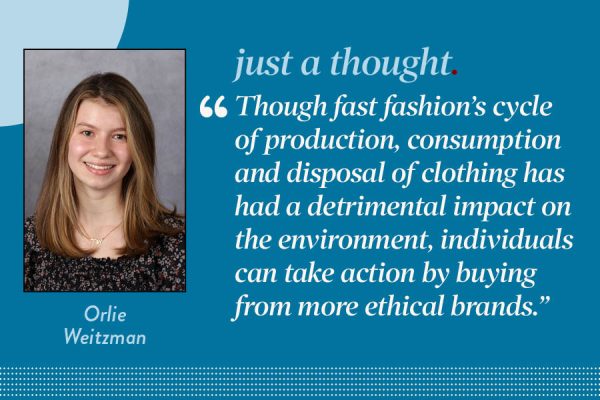
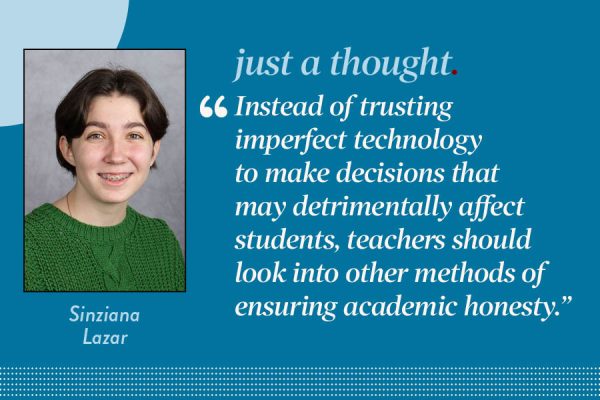

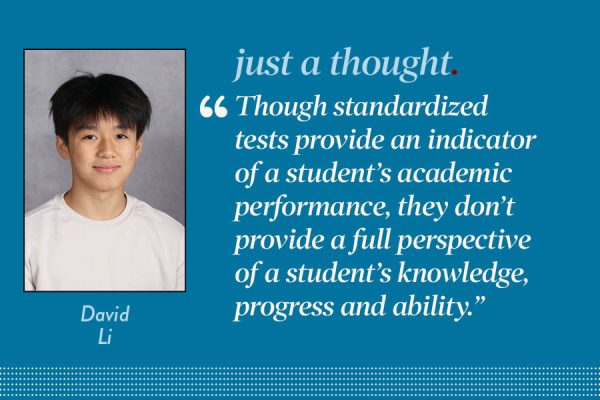
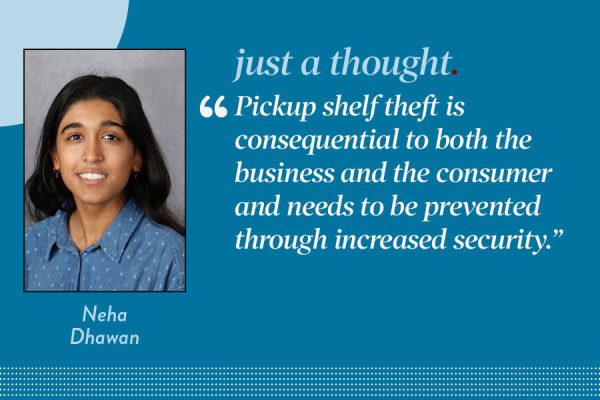
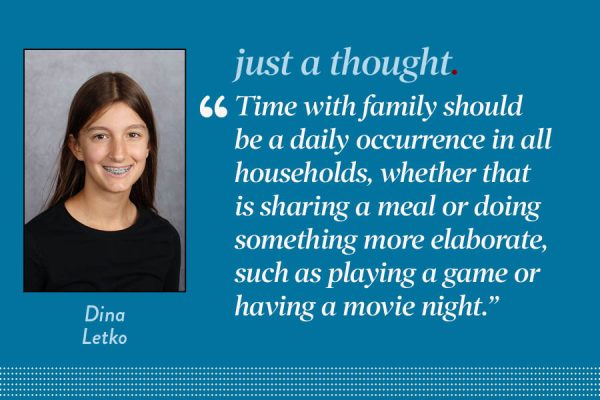
Lisa Jenschke • May 28, 2021 at 5:30 pm
Like most people in our community, I breathed a sigh of relief when all of my family members, including my elderly parents were vaccinated. Without a vaccine, I would not have been able to visit my frail 82-year-old father safely. In the interest of public health, and all those people who are at risk, especially those communities hit hardest by this pandemic, we should all think about the best way to provide a safe environment. By vaccinating everyone who is able, we can also protect those who are not able to be vaccinated. I know too many people who have died during this pandemic. Since many institutions worldwide are asking their communities to get vaccinated so that they can protect our vulnerable populations, I would argue that it is selfless and for the greater good. How can we help others during this moment in history? Get vaccinated. Of course it is a personal decision, but so is the decision to go to a private school like Lab. We choose the communities we want to be a part of and abide by the rules of those communities .
Sucram • May 28, 2021 at 10:39 am
Making vaccinations mandatory is NOT the only way to ensure that school can return to normalcy. There is are many that don’t agree with vaccinations (for various legitimate reasons) and haven’t prior to the pandemic.
There must be options. This statement is reminiscent of tyrannical idealogy.